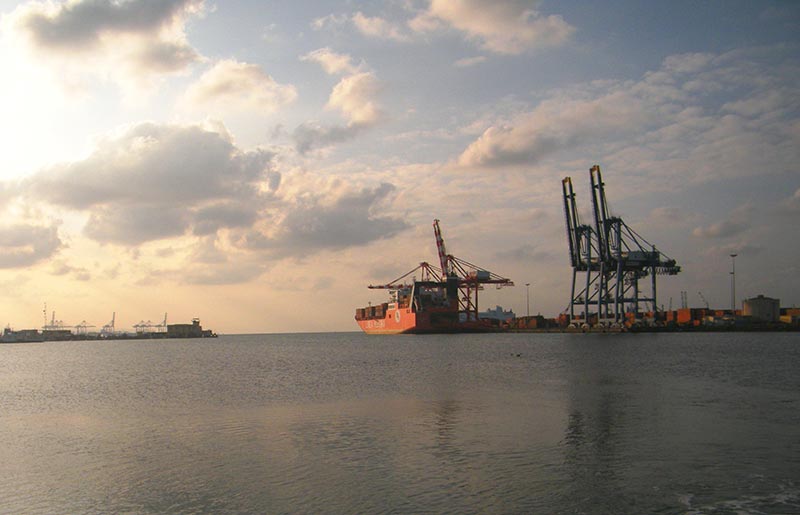
When is it mandatory to export through a trade agent?
It is recommended to engage a professional agent when any of the following occurs:First-time cross-border transactionenterprises (with annual export volumes below USD 500,000), involvingSpecial Supervision Categories(such as medical devices and chemical products), requiring processingMulti-country certification documents(CE/FDA, etc.), or when encounteringDestination portCustoms clearance: When banks verify foreign exchange sources. According to 2025 data from the General Administration of Customs, the first-time clearance pass rate for companies using customs brokers is 37% higher than for those filing independently.
What specific problems can a trade agent help me solve?
- Document compliance management: Ensure zero errors in certificates of origin such as FORM E
- Tariff optimization solutions: Leverage FTAs such as RCEP to reduce tariff rates
- Logistics Risk Management: Handling destination port demurrage charges and cargo damage claims
- Policy Early-Warning Service: Provide 60 days’ advance notice of changes to trade barriers (e.g., the EU EPR new regulations in 2025).
How to evaluate an agency companys professionalism?
Focus on verifying three key qualifications:Customs AEO Advanced Certification(Newly added digitalization in the 2025 certification standardscustoms clearancecapability),Industry-Specific Service Cases(at least three successful case studies of similar products),Global Service Network(with branch offices in major trading countries). It is recommended to ask the agent to present a list of HS codes handled in the past six months.
What items are usually included in agency fees?
- Basic Service Costs: 0.8%–1.5% of cargo value (including customs clearance and document preparation)
- Value Added Services:
- Special Document Authentication: USD 200–800 per copy
- Trade Dispute Resolution: USD 150 per billable hour
- The risk guarantee: 3%-5% of the cargo value (refundable)
Which new policies in 2025 will influence proxy selection?
Three key policy changes need attention:Upgrade of the Customs Intelligent Document Review System(require the agent to be equipped with AEO system integration capability),The EU Carbon Border Adjustment Mechanism officially takes effect(requires the agent to provide a carbon footprint report),Electronic ASEAN Certificate of Origin(The proxy must have blockchain-based evidence-storage capabilities). A high-quality proxy will proactively provide policy adaptation solutions.
Which is more cost-effective: self-operated exports or entrusted agency?
Recommended adoptionCost Break-Even Point Calculation Method: When a company's annual export batches exceed 30 and the following conditions are met, self-operation may be considered:Dedicated foreign trade team(3 or more people),Direct ERP-to-Customs System IntegrationandOverseas warehousing resources. SMEs adopting an agency model can save approximately 18% in overall management costs.
Will the trade dispute agent take responsibility?
Divided into three types of liability:Full compensation for any document errors(e.g., cargo detained due to documentation errors),Liability for operational errors shall be shared proportionally.(such as cargo damage due to improper packing),No liability for policy risks(e.g., sudden tariff increases). Be sure to explicitly state this in the contractMaximum compensation limitandDispute resolution mechanism.
Is it necessary to sign a long-term agreement with the agent?
Recommended adoption1+1 Elastic Cooperation Model: Core services are bound in the first year, with the right to lock in pricing retained for the following year.Seasonal productsExporters may choose to sign contracts on a quarterly basis. Please pay attention to theAutomatic Renewal Clause, it is recommended to set a 60-day advance notice period for early termination.


 Follow Customer Service WeChat
Follow Customer Service WeChat